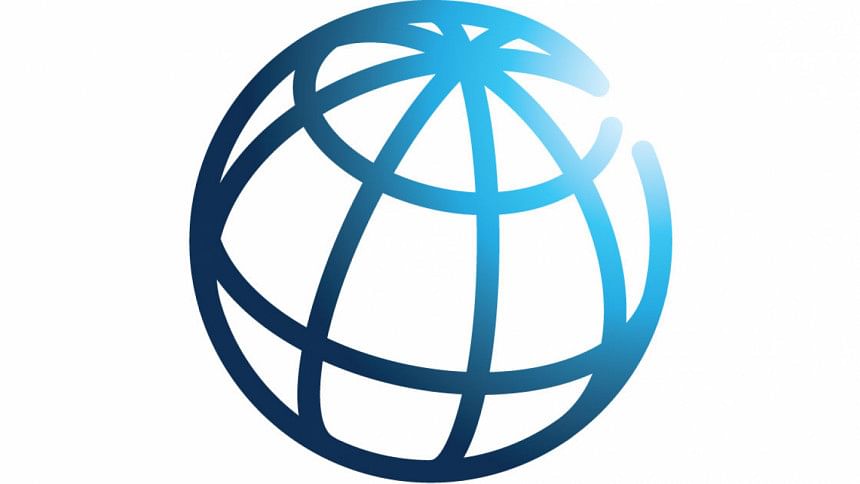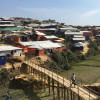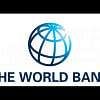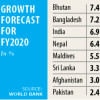‘Emerging, developing economies less prepared for deeper downturn than 2009 recession’

Emerging and developing economies are less well positioned today to withstand a deeper global downturn, should it occur, than they were before the 2009 global recession, the World Bank said today.
However, they now have more resilient policy frameworks to respond, a new World Bank Group study of the global recession and its aftermath finds.
With multiple risks to global growth clouding the outlook, there is concern whether emerging and developing economies can effectively respond to a deeper economic slowdown as they were able to do during the 2009 global recession.
The new study by the World Bank Group -- A Decade after the Global Recession -- compares emerging market and developing economies’ preparedness then and now, and finds reason both for concern and for optimism.
There are 145 emerging and developing economies in the world, and Bangladesh is one of them.
This year marks the tenth-year anniversary of the 2009 global recession. Many emerging market and developing economies (EMDEs) weathered the global recession relatively well, in part thanks to large, prompt, and global policy support.
However, a short-lived rebound in activity has been followed by a decade of protracted weakness in the global economy. EMDEs have also experienced repeated growth disappointments during this period amid bouts of financial market stress, weak trade, and slowing poverty reduction.
“The big lesson of the past decade is clear, you need to be prepared for the unexpected,” said World Bank Group Vice President for Equitable Growth, Finance and Institutions, Ceyla Pazarbasioglu.
“Developing countries need to urgently boost resilience and growth, by building human and physical capital, streamlining business regulations, and strengthening institutions,” she said.
Since the 2009 global recession, emerging and developing economies have become more vulnerable to external shocks in an environment of mounting debt and weakening long-term growth prospects, the study finds.
However, at the same time, many emerging market and developing economies now have stronger policy frameworks, such as fiscal rules and inflation targeting monetary policy regimes, than during earlier financial crises and global recessions. Meanwhile, international financial sector regulation has strengthened.
“Policy frameworks in many emerging and developing economies have become more resilient, for example through inflation targeting regimes and fiscal rules,” said World Bank Prospects Group Director Ayhan Kose.
“However, in light of downside risks and elevated vulnerabilities, policymakers should prepare their economies to mitigate the impact of adverse shocks and ensure that policy space is available to act when such shocks occur, as they inevitably will.”
The 2009 global recession and the long shadow it has cast over the subsequent decade offer important lessons for EMDE policymakers today.
In a recession, early policy action is critical and policy room is needed to respond to adverse shocks. Sound policy frameworks help create policy room. Countercyclical policies are no substitute for vigorous reforms in support of long-term growth, the report said.
It said economic diversification supports resilience; sound financial systems strengthen resilience; robust resolution frameworks help the recovery; and macroprudential measures and capital flow management policies can lower volatility.

 For all latest news, follow The Daily Star's Google News channel.
For all latest news, follow The Daily Star's Google News channel. 








Comments